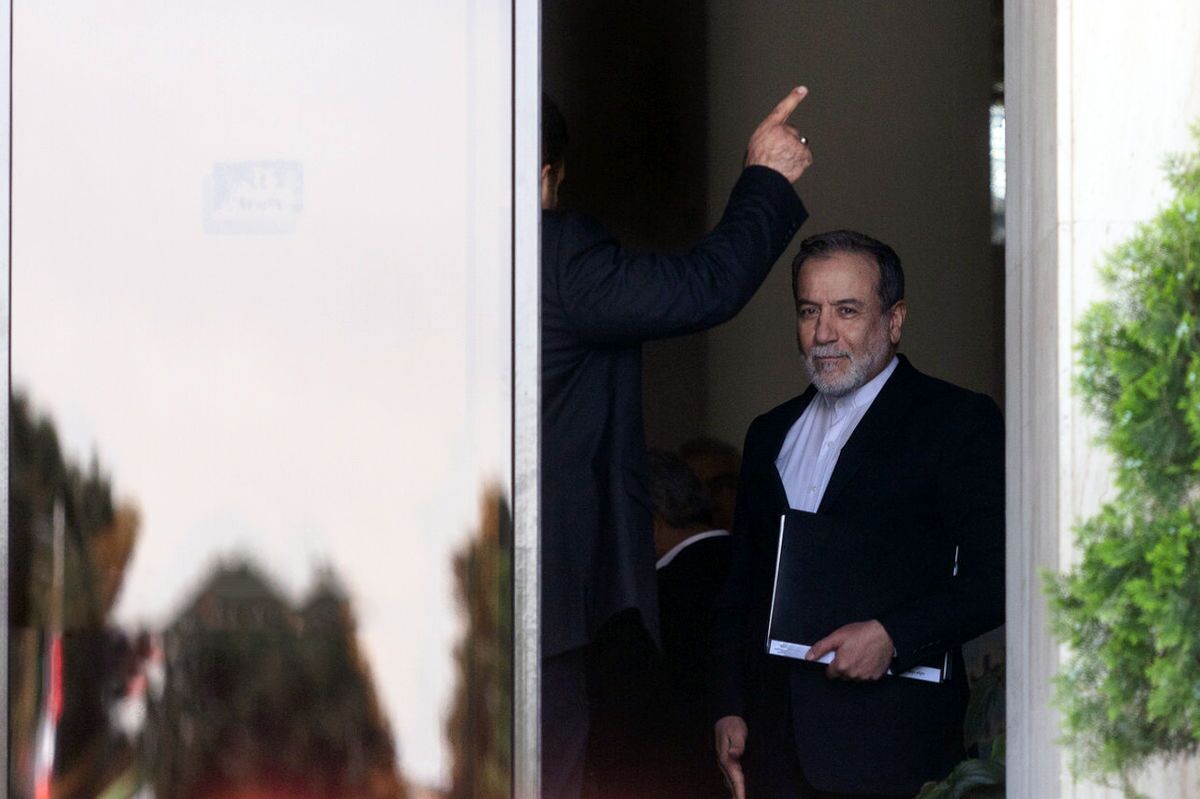Rome, April 19, 2025 — The Europe Today: Iran and the United States have agreed to advance to the technical phase of indirect negotiations over Tehran’s nuclear program and the lifting of U.S. sanctions, following two exploratory rounds of talks. The most recent round was held Saturday in Rome, with Oman’s Foreign Minister Badr bin Hamad Al Busaidi once again mediating the discussions.
Esmaeil Baqaei, spokesperson for Iran’s Foreign Ministry, announced on X that the negotiations had been “helpful” and conducted in a “constructive atmosphere,” confirming that both sides would resume technical-level discussions on Wednesday, April 23, with another meeting between top negotiators scheduled for Saturday, April 26 in Muscat, Oman.
“The two sides agreed to resume indirect talks within the next few days on the technical level and subsequently continue on the level of the two top negotiators,” Baqaei said.
The talks, aimed at reaching a binding and fair agreement, would now move into more detailed deliberations — a sign that the sides have reached a solid mutual understanding on fundamental issues, according to Iranian officials.
Early Dealbreakers Avoided
Iranian authorities had previously stressed that talks must remain strictly limited to the nuclear program, excluding any discussions on Iran’s defensive capabilities or regional alliances, which Tehran considers red lines. The transition to technical-level negotiations suggests that Washington has so far adhered to this framework.
Foreign Minister Abbas Araqchi, who led the Iranian delegation, confirmed this view in remarks to reporters following the Rome talks.
“We were able to reach better understanding about a series of fundamentals and objectives,” Araqchi said. “The subject of the negotiations from our standpoint is the nuclear program, and we will be committed to that subject. Obviously, nothing other than building trust toward Iran’s peaceful nuclear program in return for the removal of sanctions will be the subject of the negotiations.”
Araqchi emphasized that International Atomic Energy Agency (IAEA) experts would not yet take part in the ongoing discussions, noting that it is still “too early” for their involvement.
U.S. Approach Aligned with Framework
The U.S. delegation was led by Steve Witkoff, President Donald Trump’s special envoy to the Middle East. The indirect talks are part of a broader effort to rebuild a nuclear agreement after Washington’s unilateral withdrawal from the Joint Comprehensive Plan of Action (JCPOA) in 2018 under Trump’s administration.
Trump recently sent a formal letter to Iran’s Supreme Leader Ayatollah Seyyed Ali Khamenei, requesting the resumption of negotiations. The Supreme Leader authorized the current indirect talks on that basis.
The first exploratory round of talks was held in Muscat on April 12, with this weekend’s Rome meeting seen as a significant step forward.
Next Steps
Araqchi explained that the technical negotiations, starting April 23, would focus on the details and design of an agreement framework.
“It’s only natural that experts would have more time to enter into the details and design the framework for an agreement,” he said, though he did not specify the location for the technical-level talks.
The outcomes of the expert discussions will then be reviewed in Muscat on April 26 by the chief negotiators.
With the groundwork now laid, both sides appear cautiously optimistic about moving forward in a focused, issue-specific negotiation process, potentially opening a path toward resolving one of the region’s most pressing diplomatic challenges.


